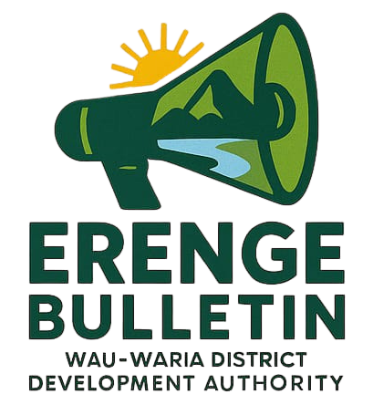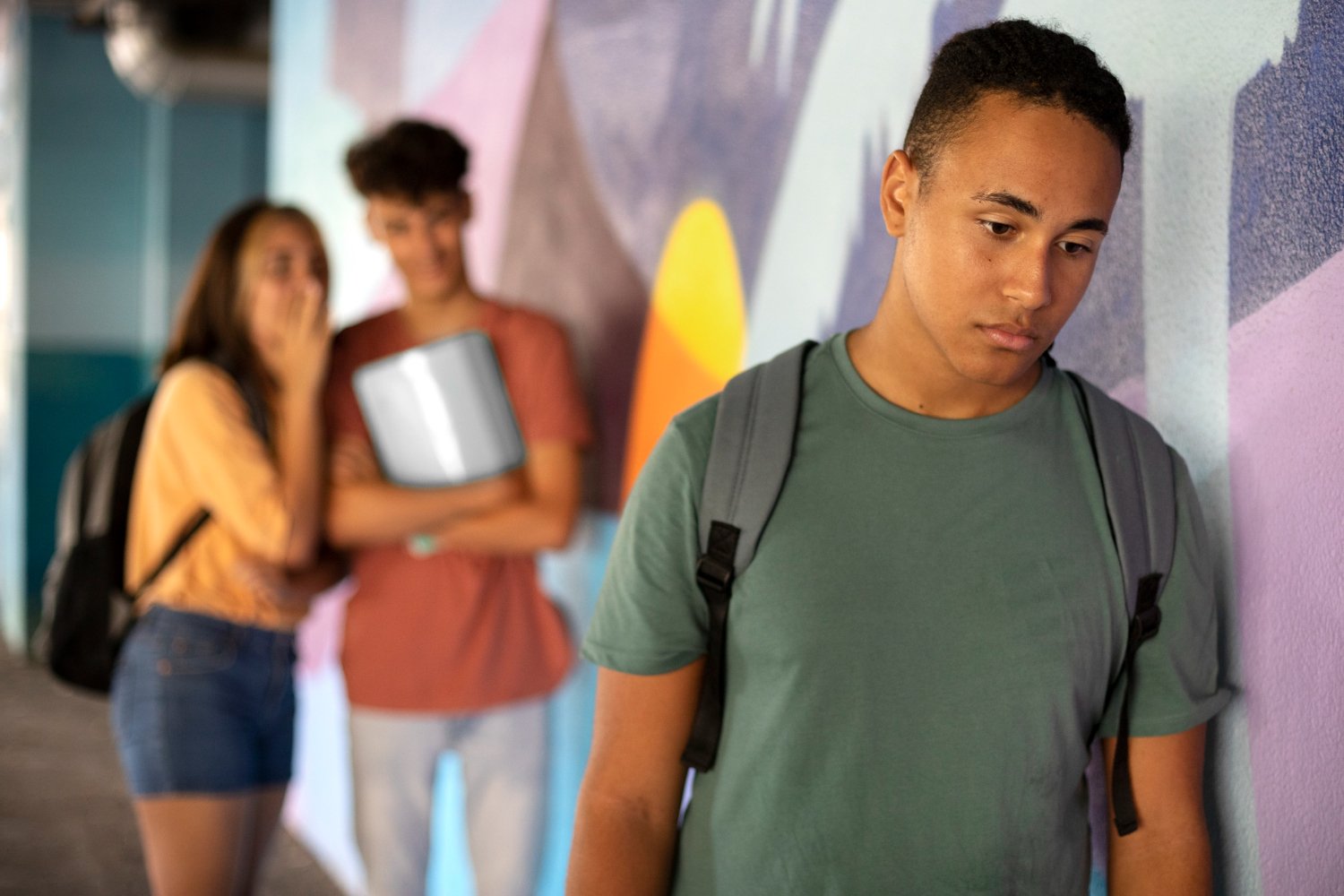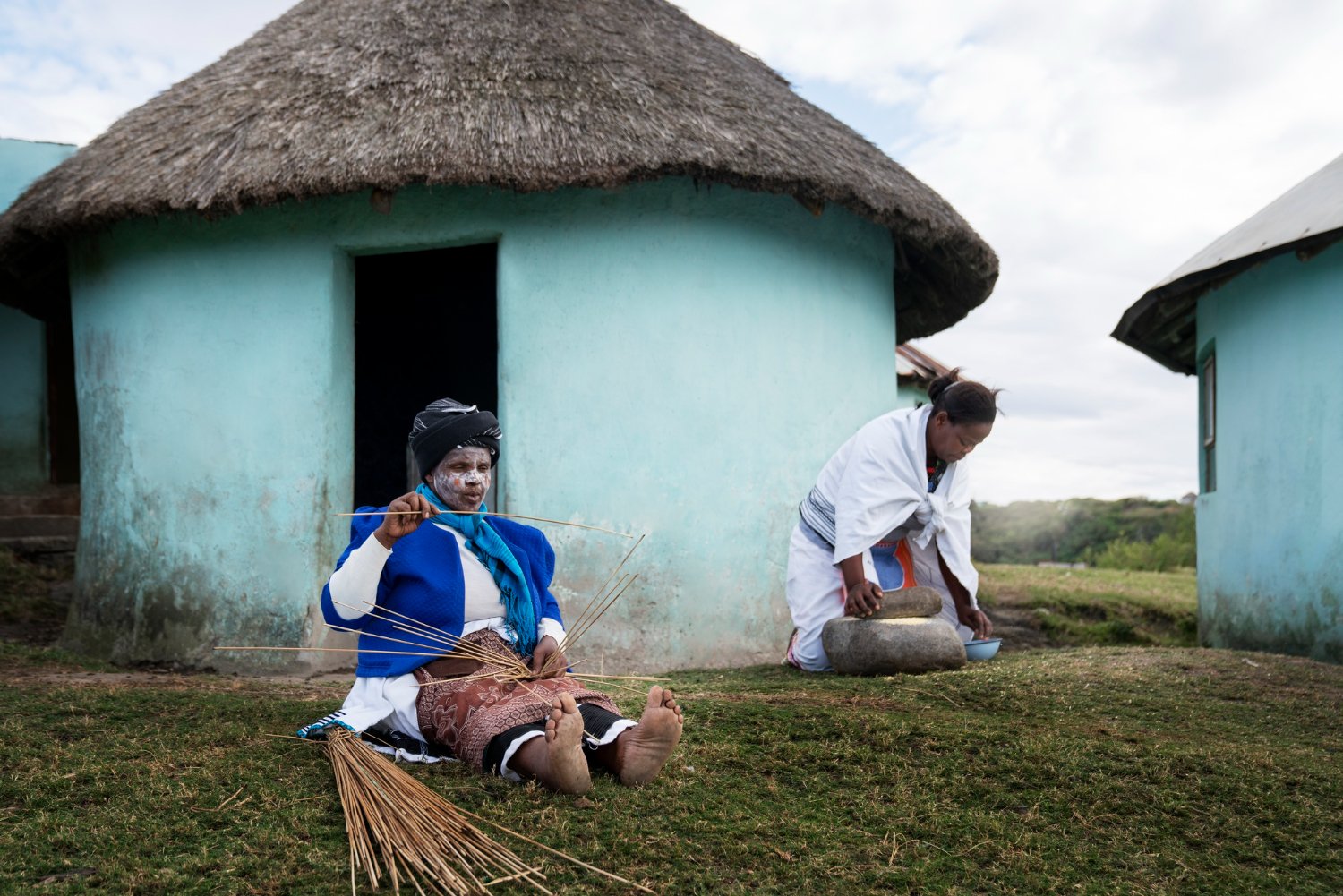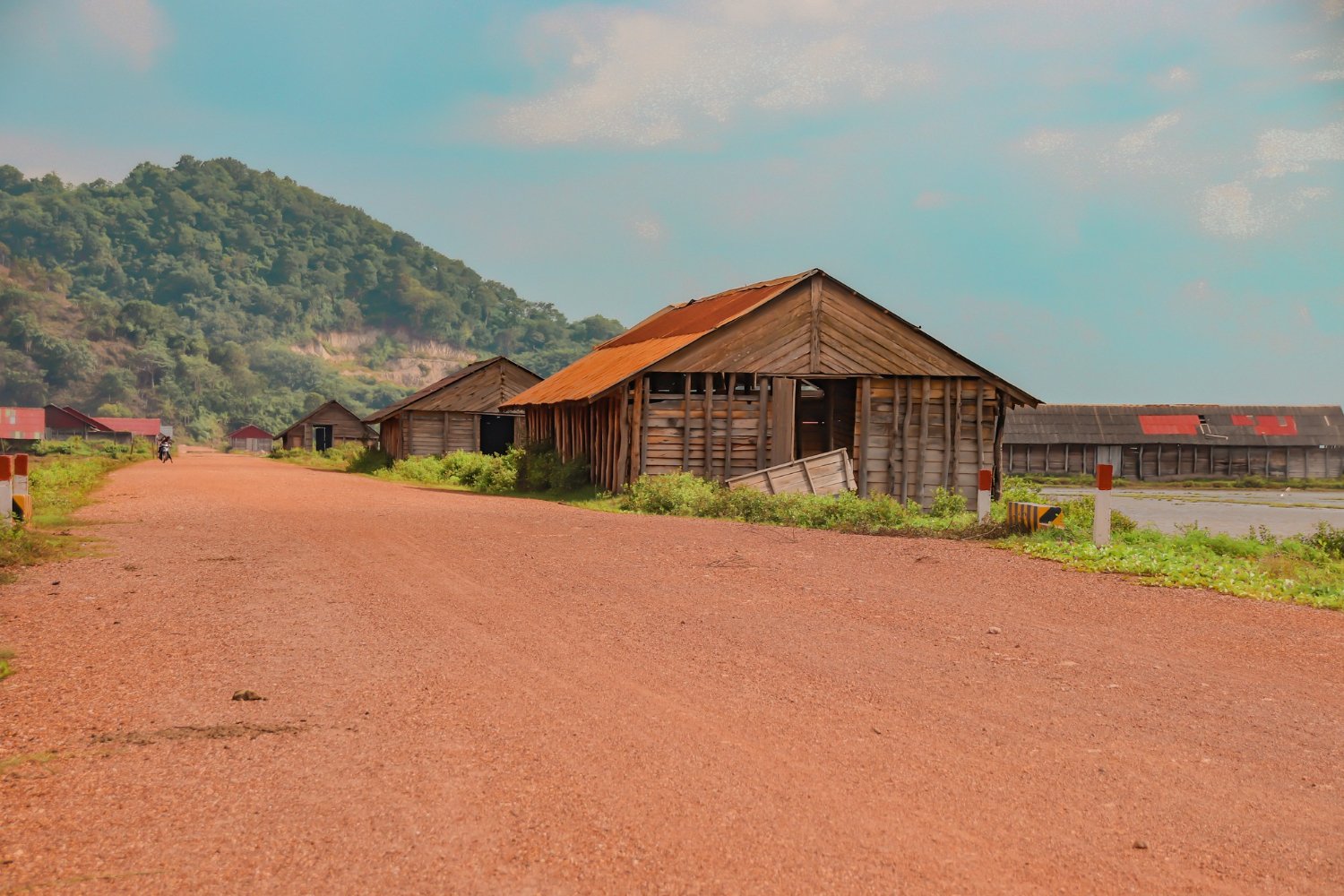In the communities of Wau-Waria District, like many rural areas around Papua New Guinea, young people stand at a crossroads. Without opportunities, guidance, and positive outlets for their energy, youth can sometimes drift toward risky behaviors and crime. However, there’s a growing recognition that sports and education together offer a powerful way to build brighter futures and prevent youth crime.
Investing in these areas isn’t just about giving young people something to do — it’s about shaping strong, confident leaders who can move their communities forward.
The Link Between Idle Youth and Rising Crime
Across Wau-Waria, many young people face daily challenges:
- Limited access to jobs and vocational training
- Few recreational activities or youth centers
- Peer pressure and exposure to crime
- Lack of role models and mentorship
When young people feel disconnected from school, excluded from work, or hopeless about their future, they are more vulnerable to making poor choices. Small thefts, substance abuse, and even violence can often start simply because youth have nowhere else to turn.
The solution isn’t just stricter policing — it’s building a supportive environment where young people are empowered to choose better paths.
Sports: Building Skills, Confidence, and Community
One of the most effective tools for engaging youth is sports. Whether it’s soccer, rugby, basketball, volleyball, or traditional games, sports offer:
- Discipline: Training schedules and team rules teach responsibility and time management.
- Teamwork: Players learn to rely on each other, building trust and social skills.
- Goal-setting: Winning a match or improving personal performance teaches the value of hard work.
- Leadership: Captains and coaches help young people discover leadership qualities within themselves.
- Community pride: Representing one’s village or school fosters a sense of belonging.
In Wau-Waria, local sports tournaments and youth leagues could be expanded to give more young people access to these benefits. Even informal “village sports days” have shown how powerful a simple match can be in bringing youth together.
Education: Creating Pathways to Opportunity
Education is another critical pillar in preventing youth crime. Schools are more than just places of learning — they are safe spaces where young people find structure, mentorship, and new possibilities.
Key ways education helps prevent crime:
- Literacy and numeracy skills open doors to further education and jobs.
- Life skills programs teach conflict resolution, communication, and decision-making.
- Vocational training offers practical skills that lead directly to employment.
- Civic education helps young people understand their rights and responsibilities as citizens.
In Wau-Waria, strengthening school retention programs, expanding FODE centers for second-chance education, and integrating TVET (Technical and Vocational Education and Training) can make a huge difference. Even small investments in teacher training, school supplies, and student transport can help keep youth in school longer — and out of trouble.
Combining Sports and Education: A Winning Strategy
The real magic happens when sports and education are combined. Initiatives like after-school sports programs, scholarships for student-athletes, and school-based sports competitions can:
- Keep students engaged after school hours (a high-risk time for youth crime)
- Reward academic achievement alongside athletic talent
- Foster a strong culture of discipline and community pride
Programs that recognize both academic excellence and sporting talent send a strong message: success comes not just from physical ability, but from commitment, intelligence, and teamwork.
The Role of Communities and Leaders
Preventing youth crime through sports and education requires a whole-community effort:
- Parents must encourage their children’s participation in school and sports activities.
- Village leaders should organize and support local sports events and education initiatives.
- Churches, NGOs, and government bodies can provide resources and mentoring programs.
- Local businesses could sponsor sports equipment, uniforms, or school supplies.
When the entire community invests in young people, the ripple effects are profound: lower crime rates, stronger social bonds, and hopeful futures for the next generation.
Conclusion: A Path Forward for Wau-Waria’s Youth
The youth of Wau-Waria are full of energy, potential, and dreams. By investing in sports and education, we can channel that energy toward positive achievements rather than crime. Every football match played, every lesson learned, and every young leader inspired moves the entire district closer to a safer, stronger future.
Because when we believe in our young people, they start believing in themselves — and that’s how real change begins.






